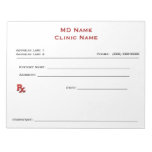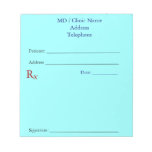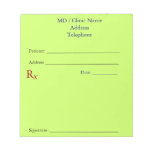While you may feel that the solution should be to come down hard on the offender or chastise him or her in some manner, there’s often a better action: forgiveness. Let’s talk about the three types of forgiveness, which are exoneration, forbearance, and release.
Exoneration
Exoneration wipes the slate clean between you and the person you are offering forgiveness to you. The purpose is to restore that relationship. Exoneration occurs when there was a harmful act or there was an accident, which in medicine might be a complication from treatment.
It’s possible to exonerate a person who caused the harm if they are sincerely sorry and take full responsibility for the harm, promising not to repeat the act. You then accept the apology and offer complete forgiveness, making you and the offender feel better.
Forbearance
This form of apology is when the one offering forgiveness makes a partial apology. This implies that you contributed to the problem or harm. It’s a less authentic form of apology that allows you to maintain a relationship with the person who is mostly at fault.
We all have these relationships at work. Forbearance enables the practice to keep functioning in a productive atmosphere. If the problems continue with the particular individual, you’ll need to move to correct that behavior.
Release
Release is an inward form of forgiveness in which you do not exonerate the offender, but you do let go of the bad feelings about the issue that has occurred. In other words, don’t let it bother you, let it go. You may not continue the relationship, but through release, that person is not going to get under your skin and remain an issue. Release allows you to jettison feelings of guilt, liberating you from the trauma of the past incident and the person who caused it.
Benefits of forgiveness
- Blaming others never solves problems or leads to your contentment.
- The act of forgiveness releases positive emotions, increases your energy, and improves your performance.
- It allows us to reconnect with those who have offended or harmed us, be that colleagues at work, family, or friends.
- Forgiveness increases your compassion for others through accepting their imperfections, and makes you more attuned to your own shortcomings.
Bottom line: Face it, we all make mistakes. Others cannot always meet our expectations in personal life or medical practice. Forgiveness is necessary to keep moving forward toward success and emotional stability in your practice and life.
Medical Office Supplies
15% Off All Products

Manual Prescription Pad (Large - White) Memo Pad

Manual Prescription Pads (Light Blue) Notepads

Manual Prescription Pads (Light Yellow) Notepad

Manual Prescription Pads (Light Pink) Notepad
No comments:
Post a Comment